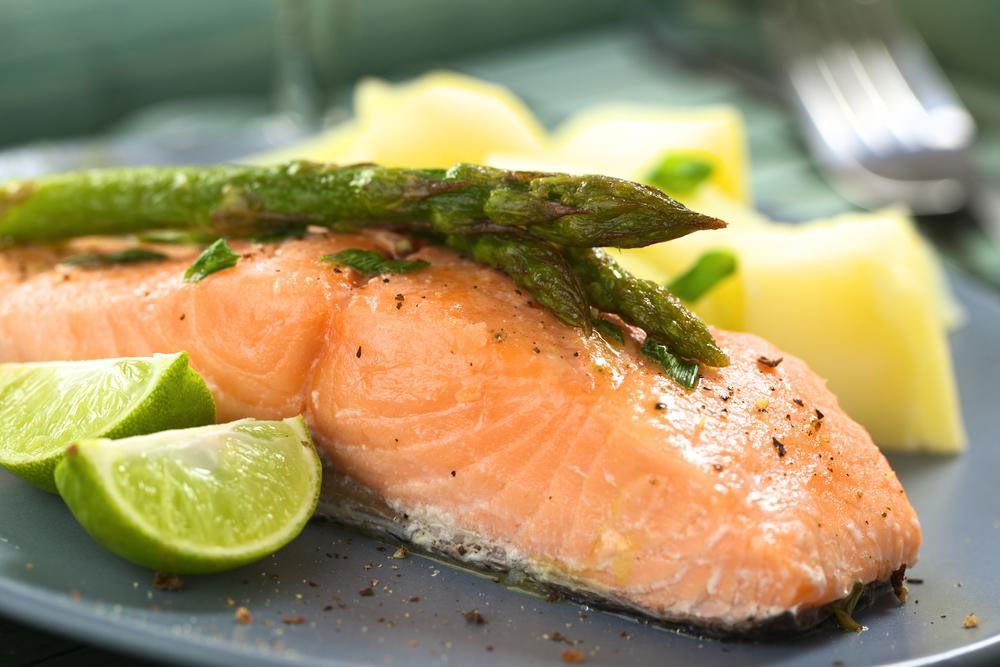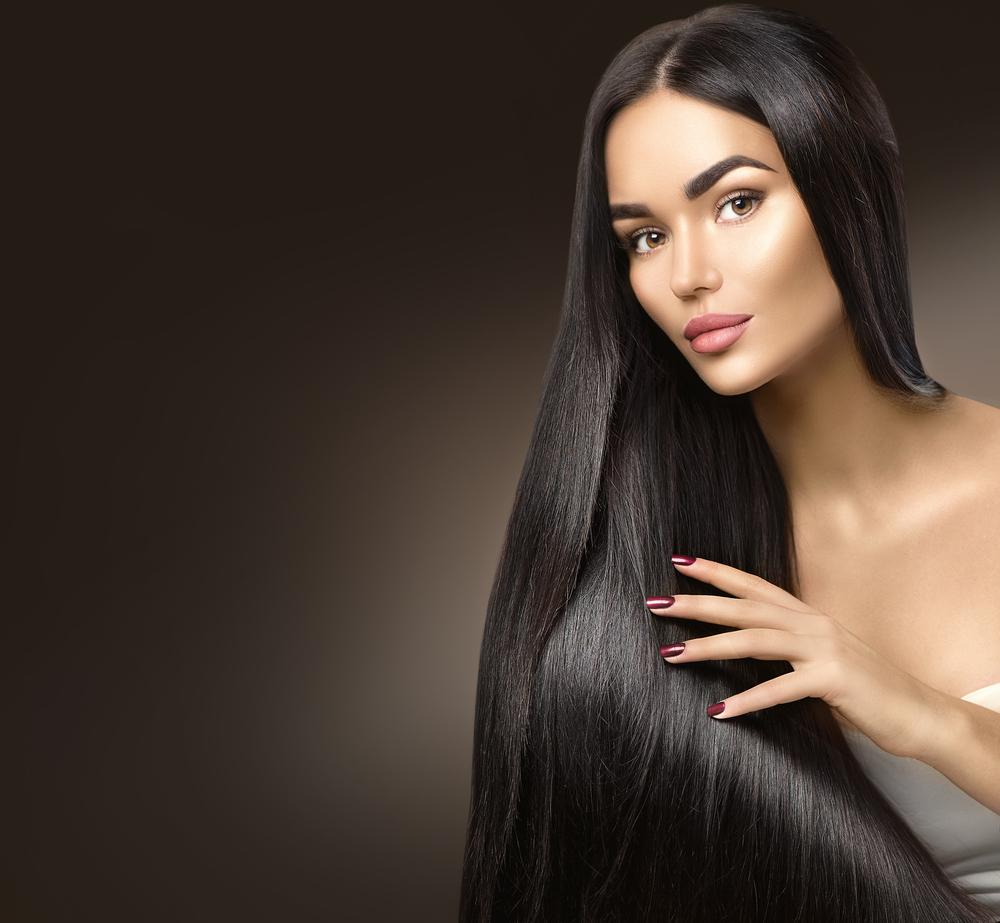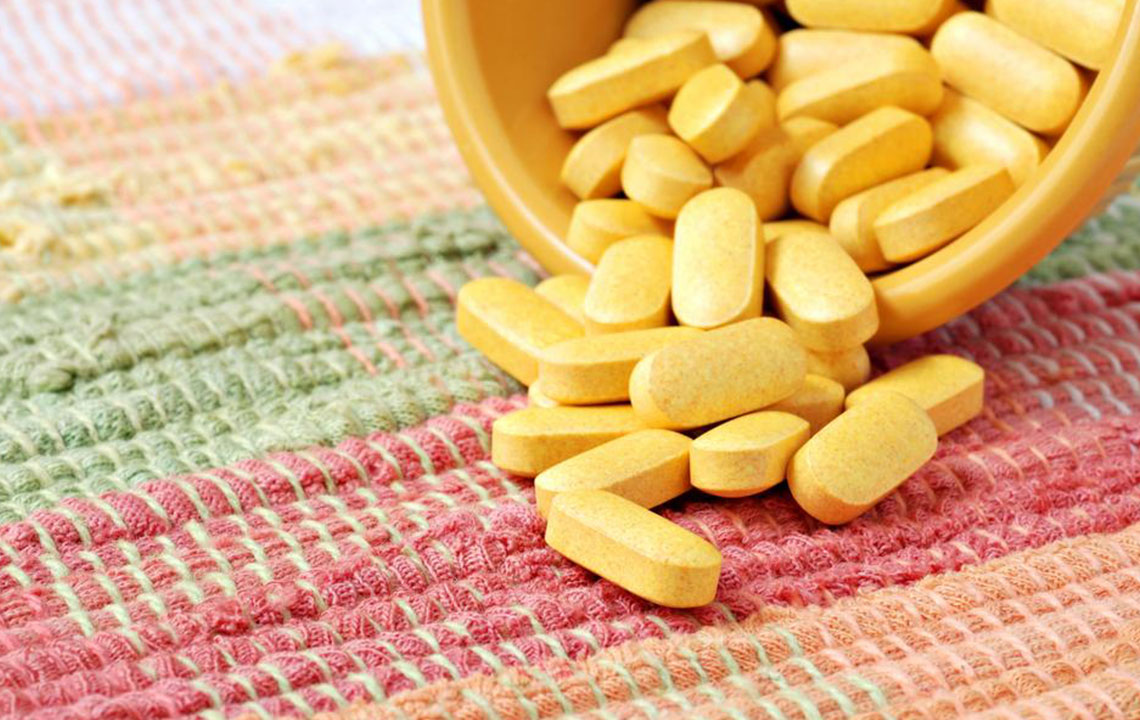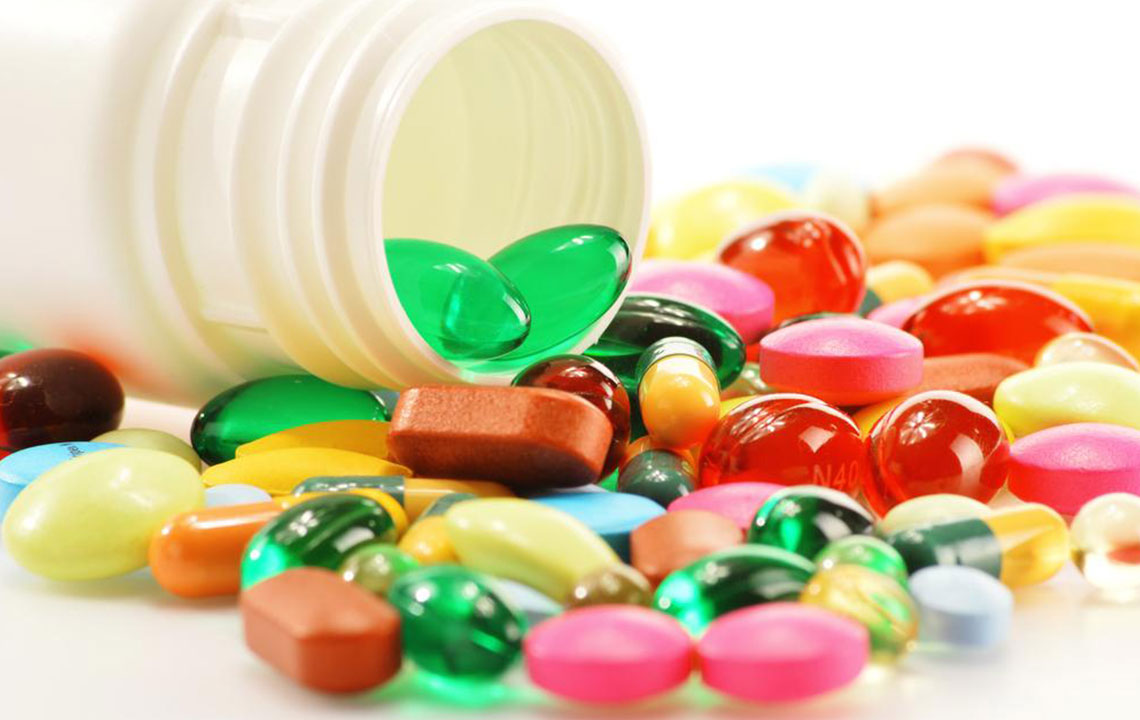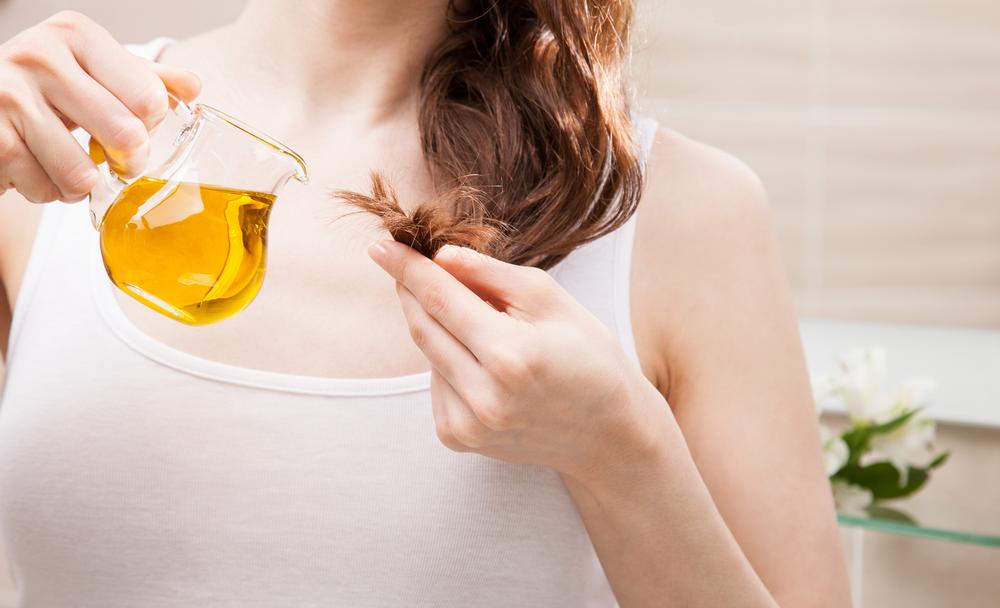Essential Vitamins and Nutrients to Promote Healthy Hair Growth and Minimize Hair Loss
This comprehensive guide explores the top 8 essential vitamins and nutrients that support healthy hair growth and diminish hair loss. From Vitamin A to zinc, learn where to find these vital nutrients and how they contribute to stronger, shinier hair. Incorporating these elements into your diet can promote a fuller, healthier scalp, reducing hair thinning and boosting confidence. Understand the importance of maintaining optimal nutrition and a balanced lifestyle for long-term hair wellness and beauty.
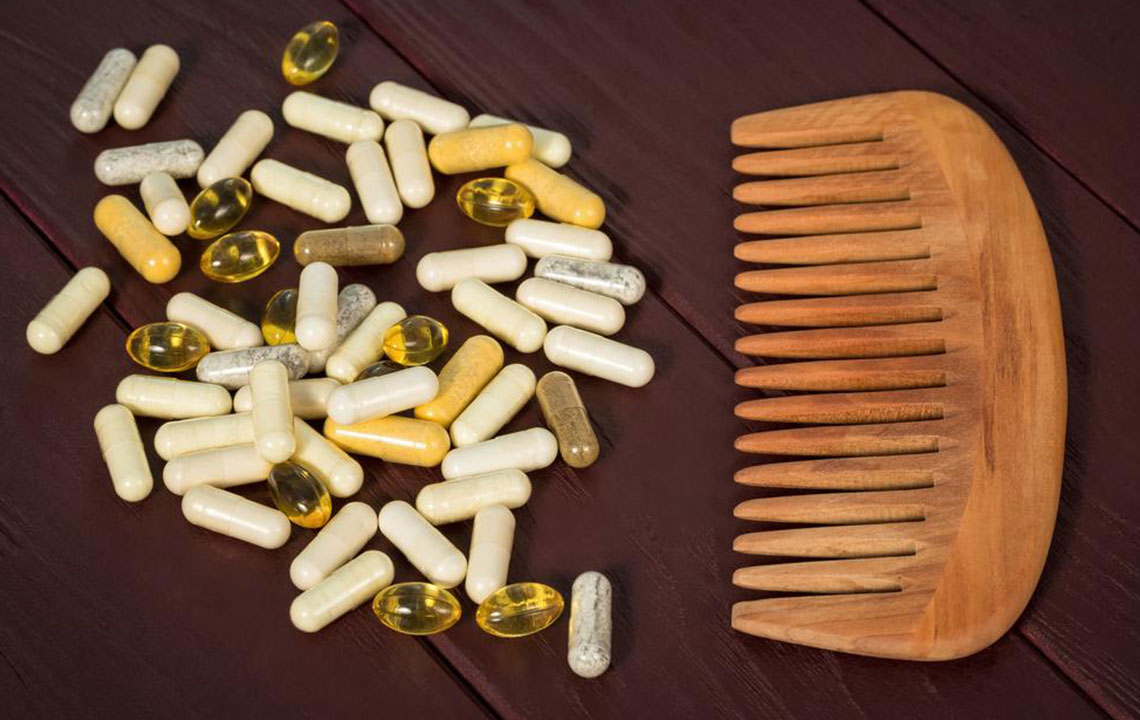
Essential Vitamins and Nutrients to Promote Healthy Hair Growth and Minimize Hair Loss
Hair health is a significant aspect of our overall appearance and confidence. However, many people experience hair thinning, dullness, or excessive shedding due to various factors, including genetics, hormonal imbalances, nutritional deficiencies, stress, and environmental influences. While some factors are beyond our control, optimizing our diet and supplement intake can play a pivotal role in supporting strong, lustrous hair. Understanding which vitamins and nutrients are crucial for hair vitality can help you formulate effective dietary strategies or consider supplementation to combat hair loss and promote healthy growth.
On average, a person sheds approximately 100 to 150 hair strands daily as part of the natural hair cycle. Nonetheless, noticeable excessive hair loss may signal deficiencies or health issues that need to be addressed. Fostering healthy hair growth requires sufficient levels of essential vitamins and minerals that contribute to the formation of new hair cells, strengthen existing strands, and improve scalp health. These vital nutrients can be obtained by maintaining a balanced diet rich in fruits, vegetables, lean proteins, and healthy fats, or through targeted supplements approved by healthcare professionals. Incorporating these nutrients consistently can dramatically improve hair quality over time.
Vitamin A: The Foundation of Hair Moisture and Growth
Vitamin A plays a vital role in maintaining the health of hair follicles by promoting the production of retinoic acid, which is essential for cellular growth and repair. This vitamin also helps produce sebum, a natural oil that moisturizes the scalp and prevents dryness, itching, and dandruff. Adequate Vitamin A intake ensures that hair remains hydrated, shiny, and resilient. Good sources include dark leafy greens like spinach and kale, orange and yellow vegetables such as carrots, sweet potatoes, and butternut squash, as well as fruits like mangoes and apricots. Fish, especially liver and oily fish like salmon, provide high levels of Vitamin A and support rapid hair regeneration.
Vitamin B Complex: Boosting Hair Strength and Stress Resilience
The B-vitamin group is essential for a healthy scalp and hair health. Specifically, B12 and Inositol are crucial as they assist in energy production and cell metabolism, reducing stress levels that often contribute to hair thinning. B vitamins are abundant in eggs, lean meats, poultry, beans, whole grains, citrus fruits, and tropical fruits like papayas. They help strengthen hair fibers, improve scalp circulation, and promote the growth of new hair. Biotin, a well-known B vitamin, directly supports keratin structure, making hair stronger and less prone to breakage. Ensuring sufficient B vitamin intake can significantly improve the overall hair quality and prevent premature hair loss.
Vitamin C: The Collagen Builder and Iron Absorption Enhancer
Vitamin C is renowned for its antioxidant properties and role in collagen synthesis, which is vital for maintaining the structural integrity of hair. It also enhances iron absorption, preventing iron deficiency anemia—a common cause of hair thinning. Rich sources include citrus fruits like oranges and grapefruits, along with strawberries, kiwi, bell peppers, broccoli, and leafy greens. Adequate Vitamin C intake ensures healthy scalp circulation and strengthens hair strands, reducing breakage and promoting thicker, more resilient hair.
Vitamin D: Stimulating New Hair Follicle Development
Vitamin D is indispensable for initiating new hair follicle growth. Deficiency in this vitamin has been linked to hair loss conditions such as alopecia. Sun exposure is a natural source of Vitamin D, but dietary sources include oily fish like salmon, mackerel, and sardines, as well as egg yolks, fortified dairy products, and mushrooms exposed to sunlight. Supplementation under medical advice can also be beneficial for individuals with limited sun exposure or diagnosed deficiencies. Adequate Vitamin D levels contribute to denser, healthier hair by encouraging the growth of new follicles and supporting hair cycle regulation.
Vitamin E: Enhancing Scalp Circulation and Hair Repair
Vitamin E acts as a potent antioxidant that improves blood flow to the scalp, ensuring that hair follicles receive necessary nutrients and oxygen for optimal growth. It also helps repair damaged hair cells and protects against oxidative stress caused by environmental toxins. Food sources rich in Vitamin E include nuts (almonds, hazelnuts), seeds, pumpkin, sunflower oil, avocados, and spinach. Regular consumption or topical application can bolster scalp health, reduce inflammation, and encourage the regeneration of strong, shiny hair.
Vitamin B5 (Pantothenic Acid): Promoting Hair Strength and Reduced Fall
Vitamin B5 is renowned for its role in reducing hair fall and supporting key metabolic processes involved in hair growth. Commonly included in hair care products like shampoos and conditioners, B5 helps improve the texture and strength of hair strands. Naturally, it is found in poultry, beef, eggs, dairy products, sunflower seeds, mushrooms, and sweet potatoes. Maintaining a diet rich in protein, healthy fats, and carbohydrates ensures that hair receives the nutrients necessary for a robust growth cycle. Adequate B5 levels contribute to hair elasticity, thickness, and resistance to damage.
Fish Oil: Omega-3 Fatty Acids for Nourished and Thickened Hair
Fish oil, abundant in omega-3 fatty acids, offers profound benefits for scalp health and hair vitality. Omega-3s nourish hair follicles, reduce inflammation, and support oil production, leading to thicker, shinier hair. Regular intake of fatty fish like salmon, sardines, and mackerel provides these essential fats naturally. Plant-based sources include flaxseeds, walnuts, chia seeds, and hemp oil, which are plant-based omega-3s suitable for vegetarians. Fish oil supplementation can also help combat dry scalp and brittle hair, ensuring a healthier hair growth environment.
Zinc: Essential for Hair Follicle Regeneration and Growth
Zinc is a mineral critical for cell division, tissue growth, and repair, particularly within hair follicles. It helps prevent hair shedding and supports new hair formation. Zinc deficiency has been linked to hair loss and scalp issues like dandruff. High-zinc foods include oysters, crab, lobster, lean meats, nuts, seeds, and whole grains. Incorporating zinc-rich foods into your diet can promote robust hair growth, improve scalp health, and reduce the risk of hair thinning and baldness.
Maintaining a nutritious diet complemented by a healthy lifestyle—including managing stress, exercising regularly, and avoiding excessive styling or chemical treatments—is vital for optimal hair health. By focusing on these essential vitamins and minerals, you can naturally strengthen your hair, reduce hair fall, and achieve a vibrant, full head of hair. Consistent intake of these nutrients and a holistic approach to health are key to long-term hair vitality and confidence.
